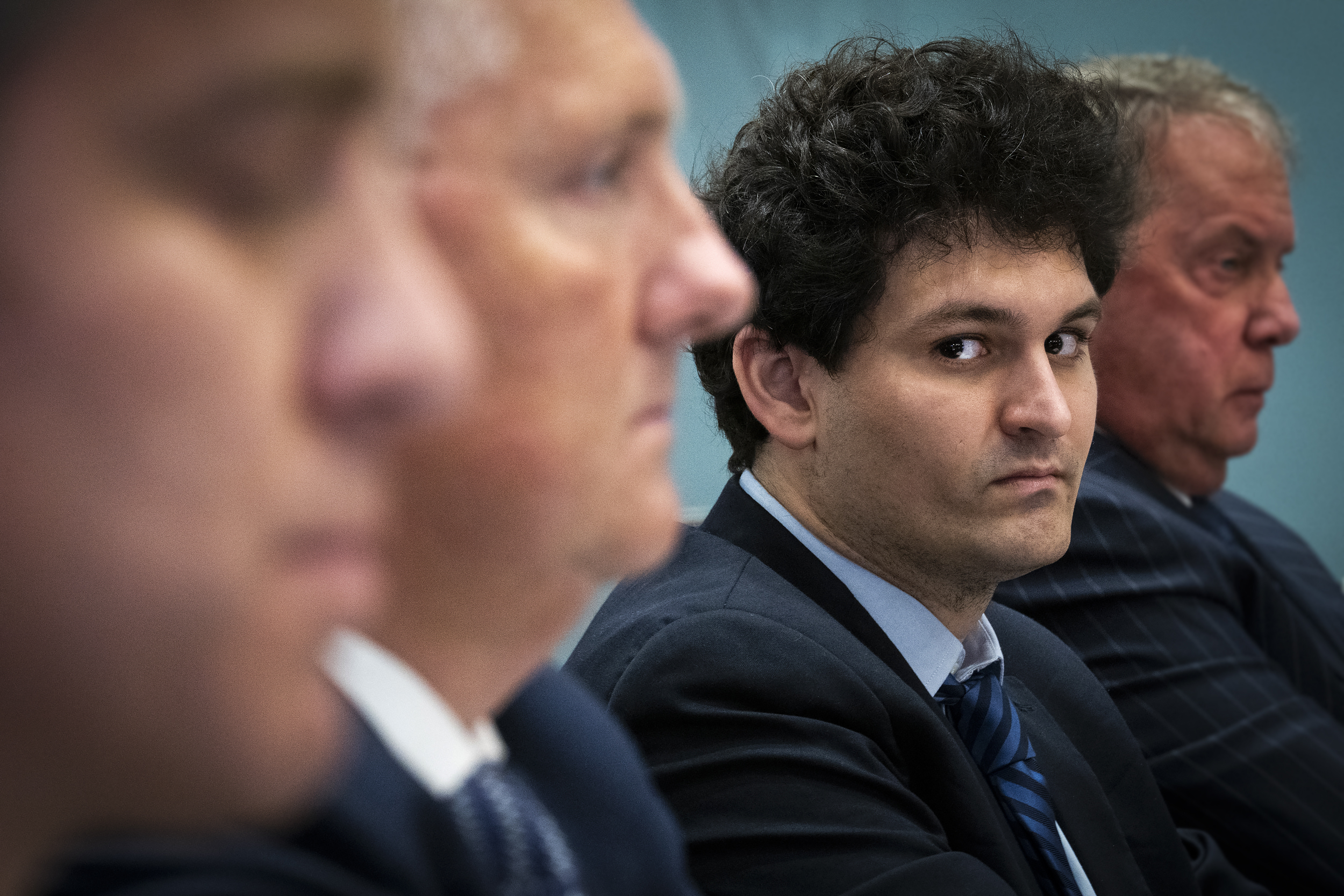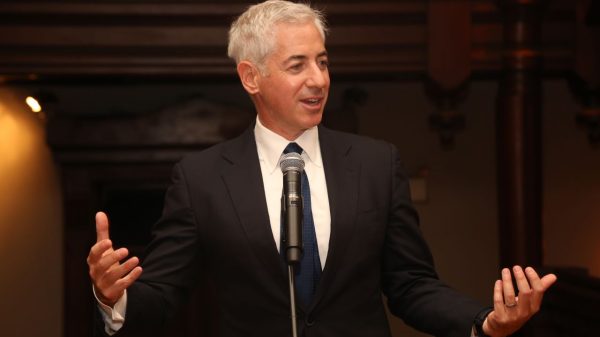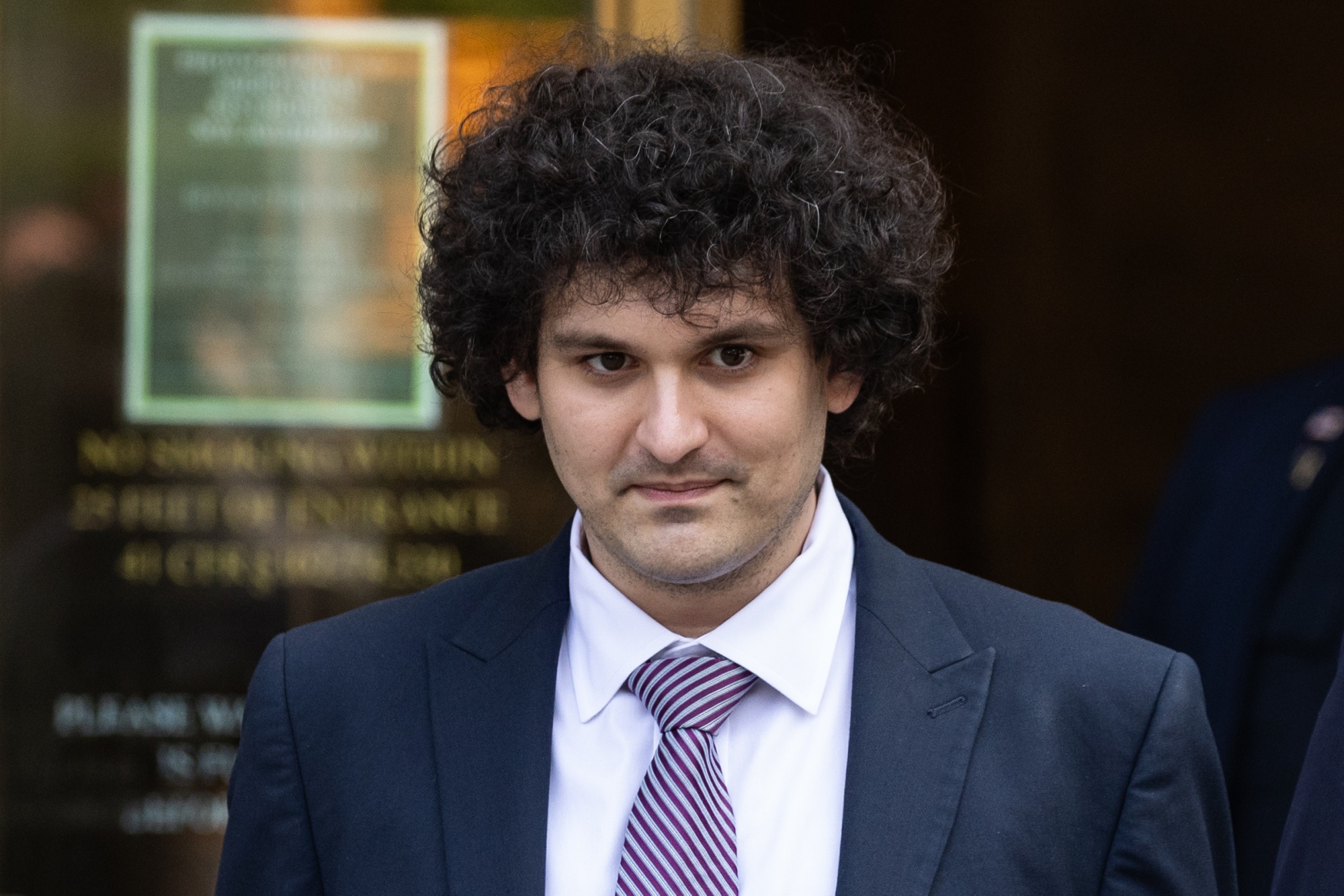FTX Sam Bankman-Fried Trial Prep Hindered by Detention Conditions
FTX Sam Bankman-Fried founder struggles with trial prep amid detention, seeking better evidence access. The legal team proposes weekday courthouse access and data sharing. Prosecutors question defense strategy based on legal advice.

FTX Sam Bankman-Fried team suggests a solution: granting him weekday access to a designated room at the Manhattan courthouse where his trial will occur. (PHOTO: NBC News)
READ ALSO: COST OF CAR INSURANCE IN CALIFORNIA ON THE RISE: EXPLORING THE ESCALATING CONCERNS
Detention Conditions Hamper Trial Preparation for FTX Sam Bankman-Fried
FTX Sam Bankman-Fried founder is facing obstacles in preparing for his upcoming fraud trial in October due to his detention conditions. According to Decrypt, Bankman-Fried, after his house arrest in California, was taken into custody in Brooklyn after his bail was revoked due to concerns about witness tampering. FTX Sam Bankman-Fried lawyers argue that the limitations on his access to evidence violate his rights to review the material being used against him, pointing out a significant hurdle in his twice-weekly access schedule at the Metropolitan Detention Center.
READ ALSO: UNIVERSITY OF IDAHO MURDERS SUSPECT’S TRIAL PROCEEDINGS BEGIN AMIDST HEIGHTENED ATTENTION
FTX Sam Bankman-Fried’s Trial Prep Proposed: Weekday Courthouse Access and Data Sharing Urged
FTX Sam Bankman-Fried team suggests a solution: granting him weekday access to a designated room at the Manhattan courthouse where his trial will occur, as reported. This dedicated space would enable him to concentrate on building his defense, an important consideration given the high-profile nature of the trial. The lawyers also emphasize the necessity of allowing Bankman-Fried access to a vast amount of data collected during the discovery process, totaling over four terabytes. This access would facilitate the sharing of materials through email and Google Drive.
In another legal twist, federal prosecutors seek clarity on FTX Sam Bankman-Fried defense strategy. His attorneys hinted at an “advice-of-counsel” defense, which asserts that his actions were guided by legal advice, negating any intention to commit wrongdoing. However, this approach raises concerns about attorney-client confidentiality. Prosecutors have demanded more details about this strategy by a specified deadline, highlighting the potential exclusion of this tactic from the trial if the information is not provided.






































